Researchers Have Uncovered a Mysterious Discovery From the Ice Age That Is Still Shaping Humanity
Scientists claim recent observations have revealed a potential downside to genetic inheritance from distant human relatives. The researchers released a study that suggests a gene passed onto modern humans during the ice age continues to shape our species to this day.
A team of scientists concluded that various neurological disorders in modern humans may result from a gene inherited from an ancient species known as the Denisovans. This gene may also help humanity better adjust to colder climates.
The Out of Africa Theory
In the 19th century, the famous Naturalist and geologist Charles Darwin proposed that modern humans all trace their origin back to the first homo-sapiens of Africa. Over the past 100 years, this has become known as the “Out of Africa Theory.”
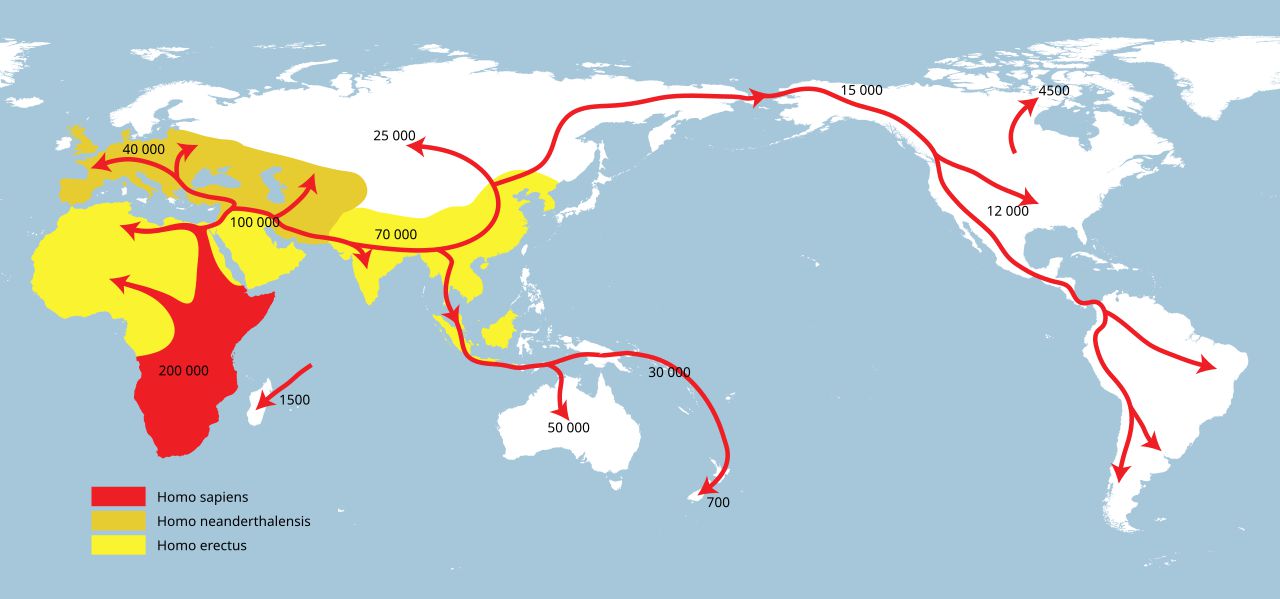
Source: Wikimedia
This theory postulates that at some point in the distant past, homo-sapiens ventured from Africa into the Eurasian continent and even began intermixing with older hominid species, such as Neanderthals and Denisovans, mixing the genetic pool in the process.
Modern Humans Procreate With Ancient Species
Despite the widespread acceptance of the Out of Africa theory, recent research has cast doubt on the simplicity of the human evolutionary path. Scholars have begun to challenge the work of Darwin and his successors, suggesting that the evolution of the homo species is a far more intricate process than previously believed.
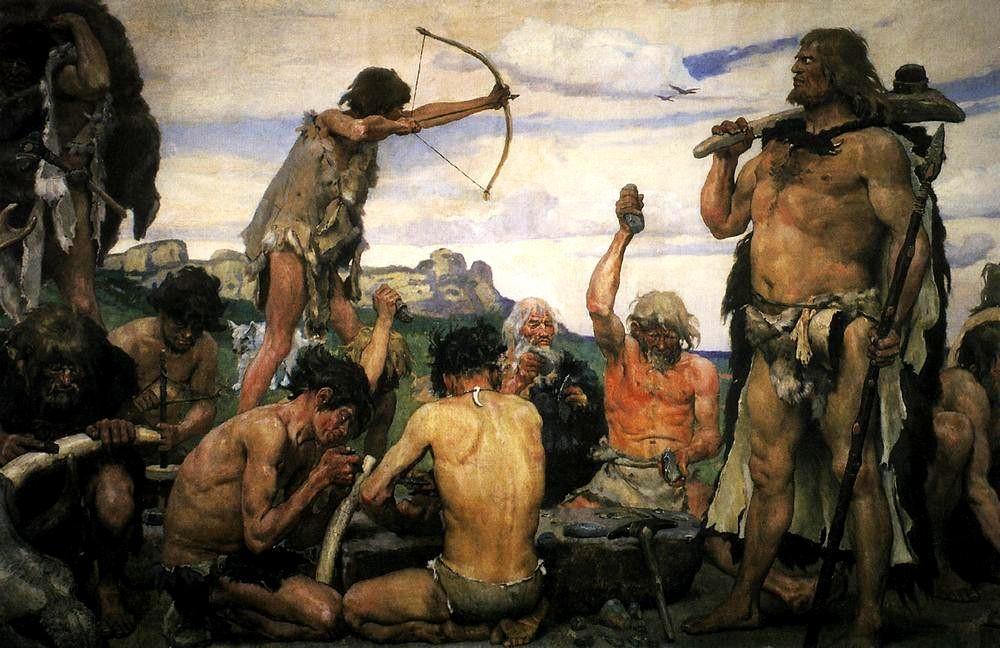
Source: Wikimedia
Regardless of where homo-sapiens or modern humans trace their origins, researchers are certain that our species intermingled with Neanderthals and Denisovans, and evidence of this can be found within our modern DNA.
What Percentage of Modern Humans is Neanderthal?
Over the past century, advancements in genetic testing have made extraordinary leaps, allowing researchers to discern what percentage of individuals’ genetic makeup is derived from ancient hominid species.
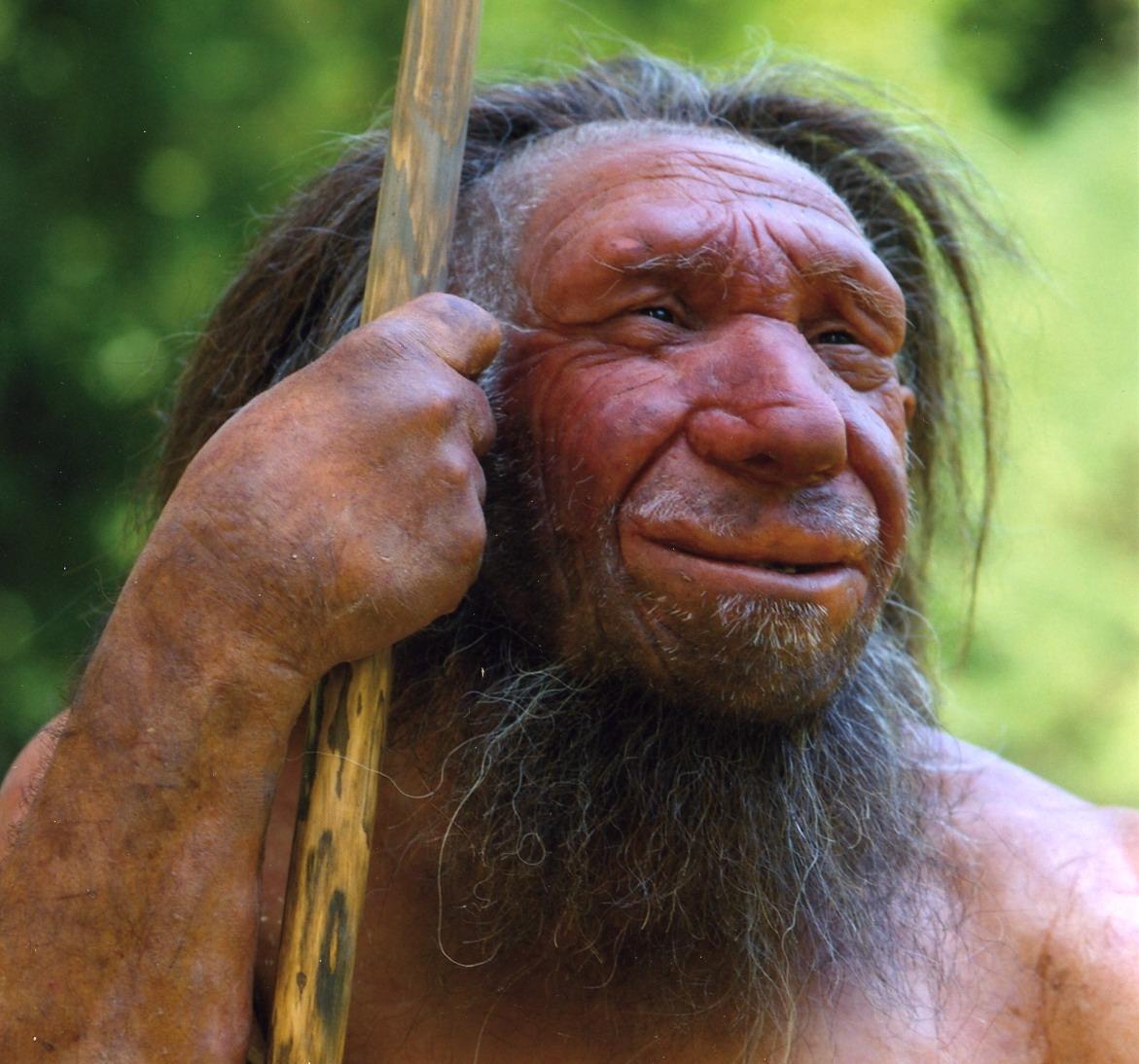
Source: Wikimedia
According to the Smithsonian, modern humans living in Europe and Asia have inherited around 1-4% of their genetic makeup from Neanderthals. This makes sense, as the ancient species once thrived throughout the continent, and numerous archaeological sites have been discovered.
What Percent of the Modern Humans Genome Is Denisovans
Researchers didn’t discover the Denisovan species until 2010. Despite the lack of fossils, scientists have determined that they thrived in varying climates, from the mountains of Siberia to the jungles of Southeast Asia.
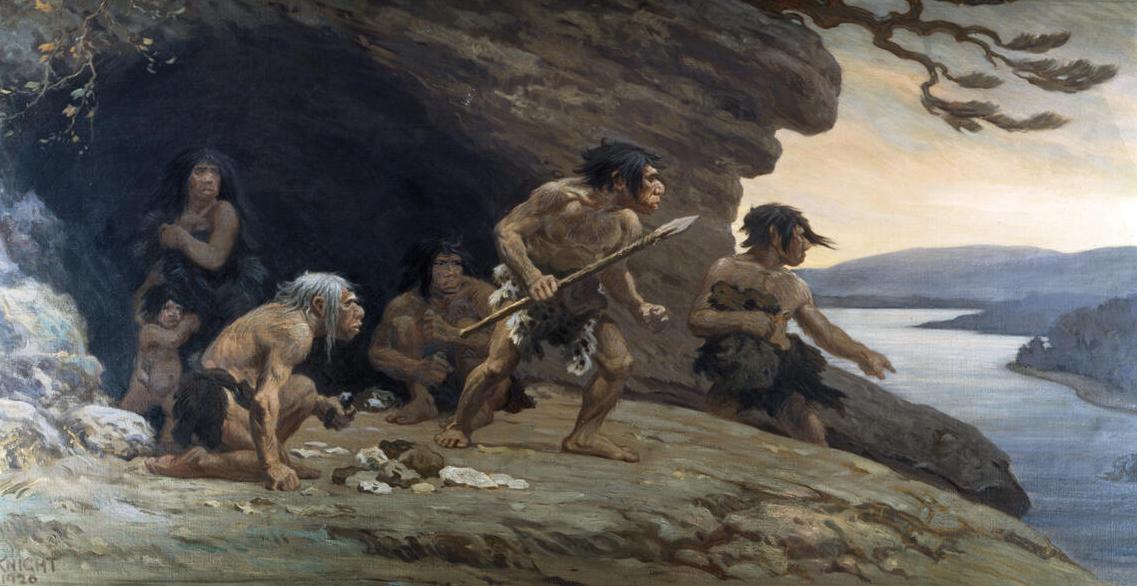
Source: Wikimedia
By examining the human genome, scientists realized that as much as 4–6% of the genetic makeup of non-African human groups was inherited from the illusive Denisovans.
Inheriting Mental Issues From Ancient Hominids
Scientists have determined that DNA mixing between modern humans and their distant relatives, the Neanderthals and Denisovans, led to an exchange of genetic material over tens of thousands of years.

Source: Freepik
Recent observations have revealed a potential downside to this genetic inheritance. According to a team of researchers, modern humans have inherited a gene from Denisovans that may be responsible for a range of mental health issues in our populations.
Researchers Suggest Mental Health Issues Are Inherited From Denisovans
Researchers detailed the discovery in the study, “Human genetic adaptation related to cellular zinc homeostasis,” published in the Journal PLOS Genetics.

Source: Freepik
According to the team, they’ve found evidence to suggest modern humans inherited the gene variant SLC30A9 from Denisovans, which may cause several negative mental health issues.
The Purpose of SLC30A9
The gene variant SLC30A9 plays a pivotal role in transporting the mineral zinc across cell membranes. Although it has several benefits, including helping modern humans adapt to colder weather, researchers suggest it has various disadvantages.
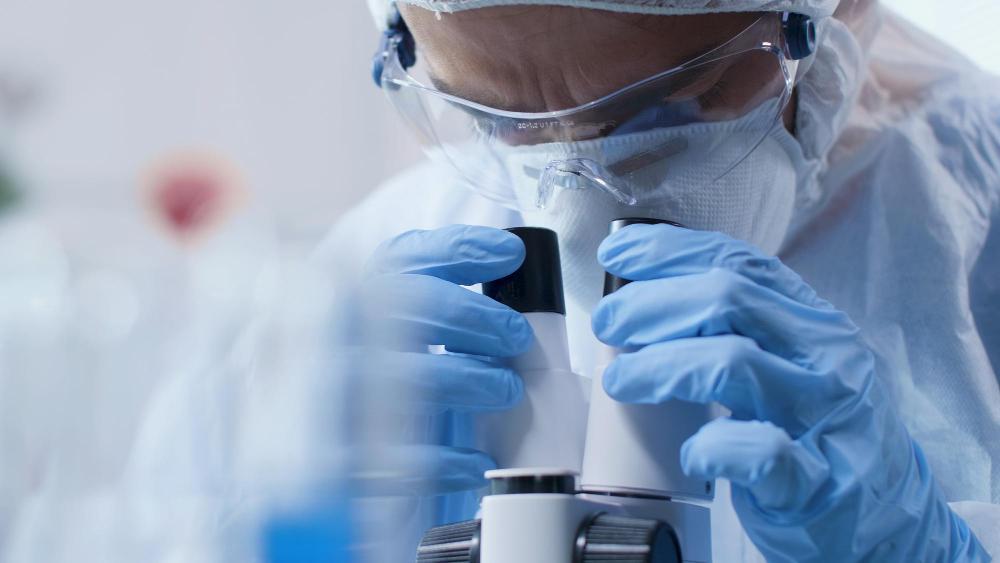
Source: Wikimedia
Most notably, zinc imbalances may result in a plethora of neurological abnormalities, including depression, autism spectrum disorder, hyperactivity disorder and even schizophrenia.
Ancient Gene Has Neurological Consequences for Modern Humans
The scientists proposed that the gene behind the coding for the ZnT9 protein appears to have neurological consequences for modern humans.
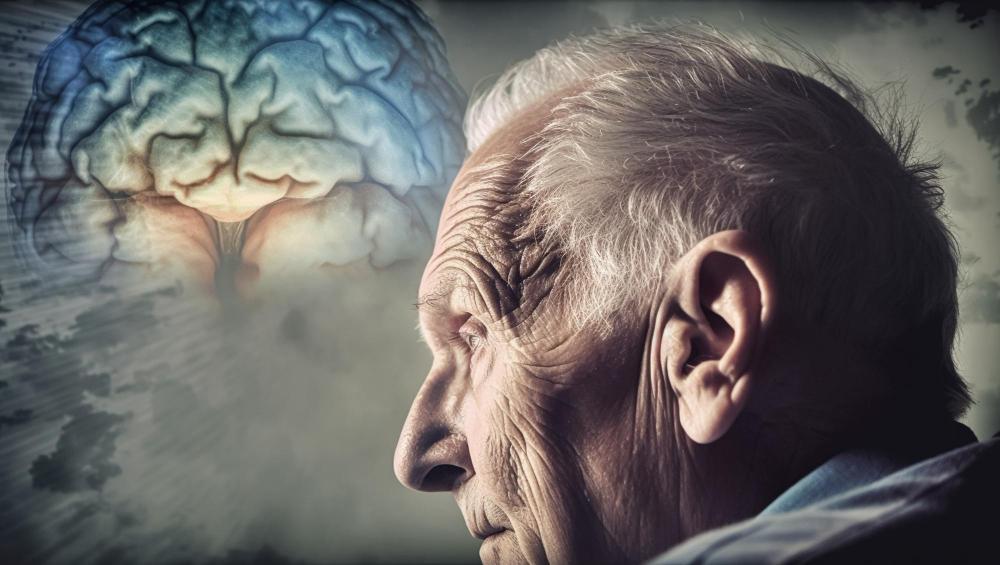
Source: Wikimedia
“We propose that adaption to cold may have driven this selection event,” the authors wrote, “while also impacting predisposition to neuropsychiatric disorders in modern humans.”
Tracing the Gene Back to Denisovans
Ana Roca-Umbert, co-first author of the study, explained that after the team found the adaptive gene, they traced it back to the long-extinct Denisovan population.

Source: Wikimedia
Through genomic analysis, we noted that the genetic variant observed came from our interbreeding with archaic humans in the past, possibly the Denisovans,” she said.
Zinc Gene Spreads Throughout European and Native American Populations
The researchers surmised that the zinc gene was first established in Asia before spreading to populations in Europe and North America. Now, it is found in the genomes of modern humans across the planet, yet it is significantly lower in African groups.

Source: Freepik
According to Elena Bosch, Institute of Evolutionary Biology principal investigator, “In our case, the impact extends to all populations outside Africa.”
A Window Into Understanding Denisovans
Researchers hope that the discovery may help them better understand the Denisovan species and its genome in their future endeavors and how this affects modern humans.

Source: Wikimedia
It’s possible other traits that have helped humans evolve into the species we are today were also passed on from this ancient hominid group. Researchers believe further investigations will reveal the true extent to which Denisovans influenced human evolution.
